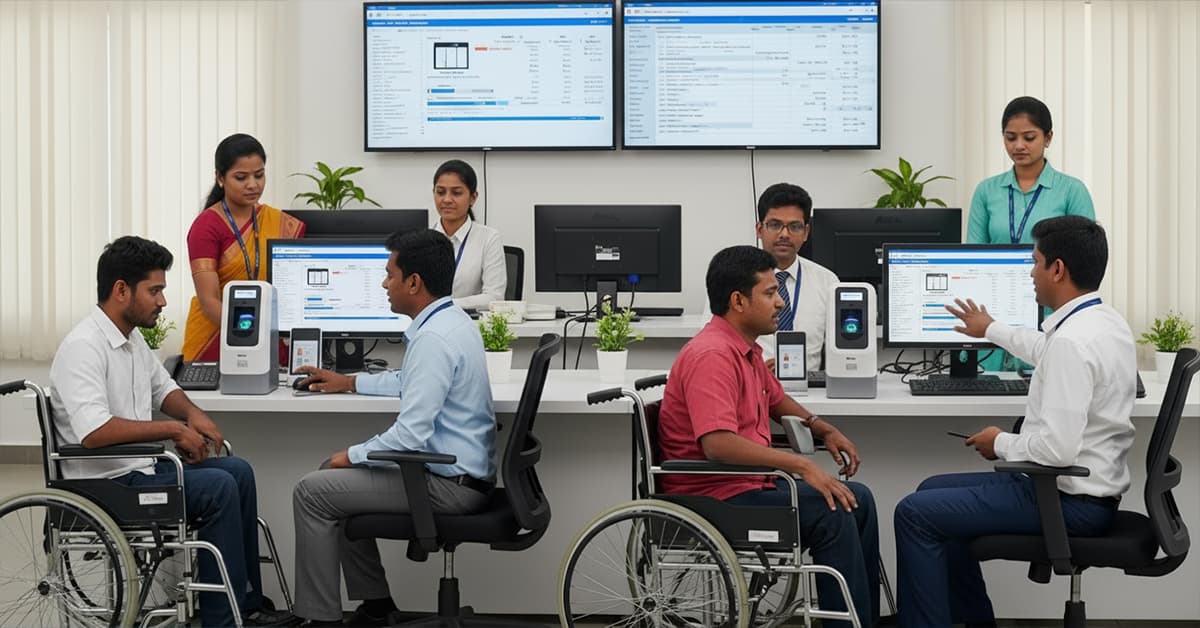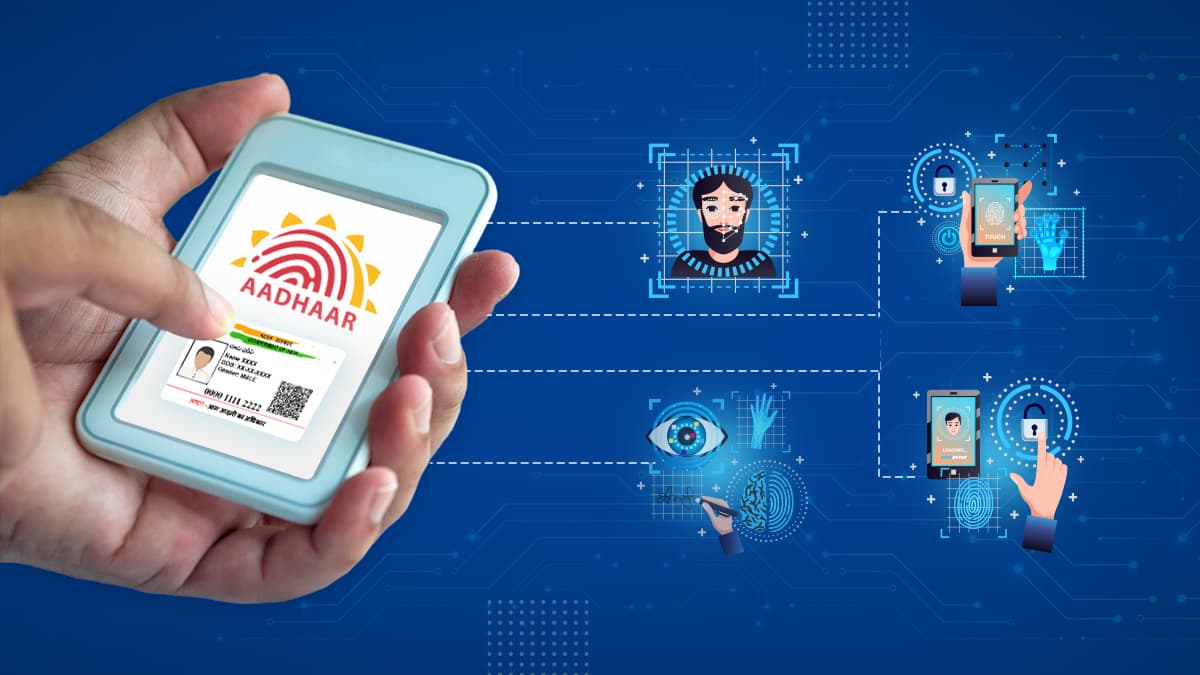Why Standards Matter More Than Ever
Standards are the invisible framework that keeps our world connected. They ensure the safety of the food we eat, the reliability of the technology we use, the strength of the bridges we cross, and the trust in the services we consume. By creating a common language for industries, governments, and consumers, standards enable interoperability, quality assurance, and global trade.
For decades, however, the process of standardization has been manual, fragmented, and time-consuming. Drafts circulated through emails, meetings were often limited to a handful of participants, and transparency was scarce. This led to inefficiencies and delays, leaving standards struggling to keep pace with the rapid evolution of technology and industries.
Globally, institutions like the International Organization for Standardization (ISO), the American National Standards Institute (ANSI), and the German Institute for Standardization (DIN) have embraced digital transformation to streamline processes, widen participation, and ensure standards remain relevant. Now, India is stepping into this league with its own bold innovation—the Bureau of Indian Standards (BIS) Portal and Online Standards Development (OSD) Tool, developed by CSM Tech.
This initiative places India at the forefront of digital-first standardization, offering a model that is inclusive, efficient, and future-ready.
.jpg)
India’s Leap with the BIS Portal
The BIS Portal is a next-generation digital ecosystem that brings together every function of standards formulation under one roof. Developed by CSM Tech, it is designed for all stakeholders—Member Secretaries, Heads of Departments, Technical Committees, industry leaders, academia, and even citizens.
Key capabilities include:
- Awareness & Training Modules for capacity building.
- New Work Item Proposals (NWIP) with advanced collaboration features.
- Meetings Management with digital scheduling, e-minutes, and follow-ups.
- Projects & Circulation Tracking for full lifecycle visibility.
- Technical Committee Workflows for structured decision-making.
- Review & Comments Modules enabling inclusive participation.
- Knowledge Repositories & Dashboards for real-time analytics.
This unified approach has eliminated fragmentation, reduced turnaround times, and created greater accountability in the standardization process.
The Game-Changer: Online Standards Development (OSD) Tool
At the heart of the BIS Portal lies the OSD Tool—a revolutionary platform that redefines how standards are created and reviewed.
Key features include:
- Collaborative Editing: Multiple committee members can edit simultaneously.
- Structured Templates: Ensures every draft aligns with BIS standard formats.
- Rich Features: Support for images, hyperlinks, formulas, tables, cross-references, and automatic table of contents.
- Comment & Review Mechanism: Track proposed changes, add justifications, and attach references.
- Track Changes: Transparency in contributions and edits from each member.
- Export Options: Seamless publishing in Word, PDF, and XML formats.
This tool enables inclusive, transparent, and efficient drafting of standards, aligning India with the best practices of ISO, ANSI, and DIN while adding unique features tailored for scale and inclusivity.
Impact on Governance and Industry
The BIS Portal and OSD Tool have already begun to reshape the standardization landscape in India:
- Faster Approvals: Automation has cut down delays and accelerated time-to-publish.
- Greater Transparency: Real-time dashboards give full visibility into the process.
- Inclusive Participation: Expands involvement beyond technical elites to include MSMEs, academia, and civil society.
- Global Benchmarking: Establishes India as a digital-first standardization leader, comparable with global pioneers.
CSM Tech & BIS Collaboration
The success of the BIS Portal is the result of a strong partnership between BIS and CSM Tech, a digital solutions provider with deep expertise in governance transformation. Together, they built a unified platform with over 20 modules covering standards formulation, committee management, document workflows, and citizen outreach.
The OSD Tool, in particular, has become a game-changer—helping BIS transform from a traditional institution into a digital-first, globally competitive standards body.
Conclusion
Standards define the way we live, work, and connect. By digitizing the standardization process, BIS, with CSM Tech as its technology partner, has set a new benchmark not only for India but for the world.
The BIS Portal and OSD Tool represent India’s commitment to innovation, inclusivity, and global leadership in quality. They are not just tools; they are the foundation of a new era where standards are developed faster, reviewed more inclusively, and adopted with greater trust.
The message is clear: the future of standardization is digital, collaborative, and citizen-centric—and India is leading the way.














.jpg)
.jpg)




























We will verify and publish your comment soon.